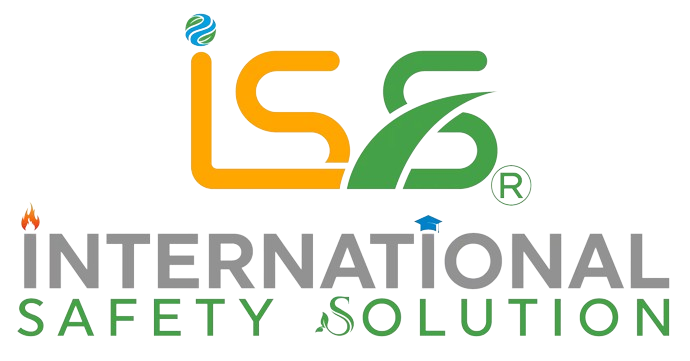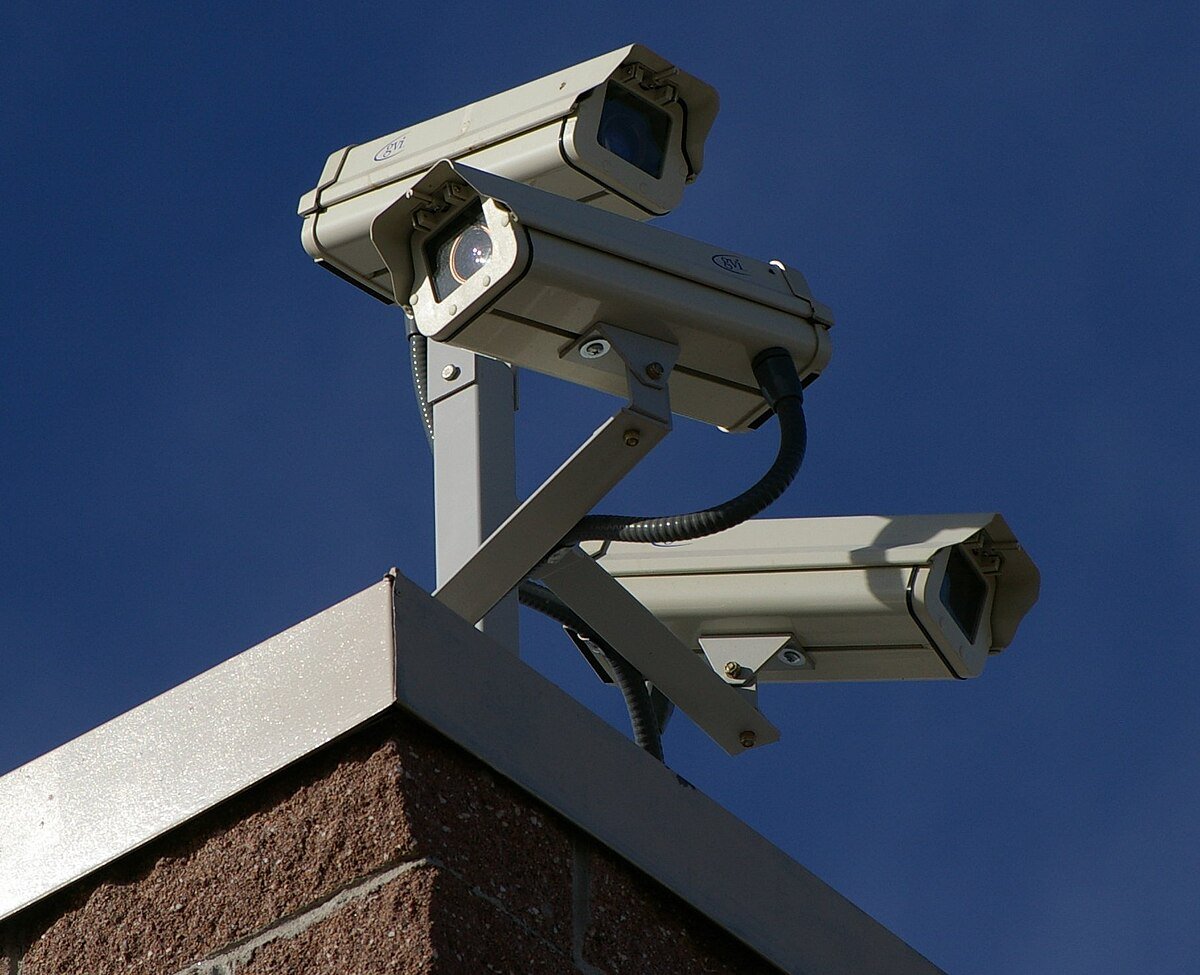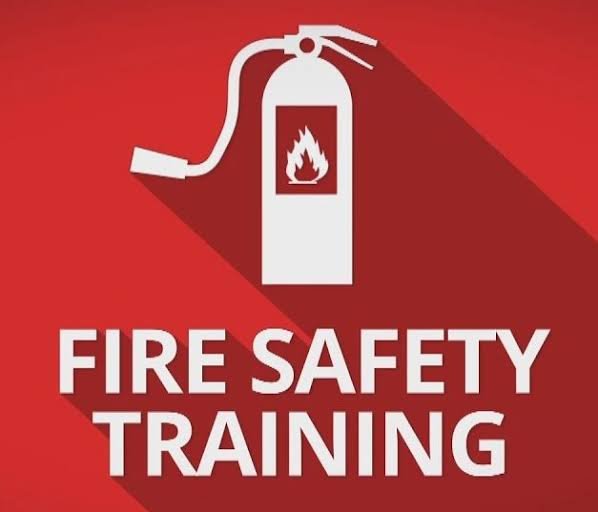A Comprehensive Guide to CCTV:
Introduction
Closed-Circuit Television (CCTV) has become an essential tool for security and surveillance in homes, businesses, and public spaces. With advancements in technology, CCTV systems now offer high-definition recording, remote access, motion detection, and artificial intelligence integration. This blog explores the importance, benefits, types, and applications of CCTV systems.

Importance of CCTV
CCTV plays a vital role in enhancing security, preventing crime, and monitoring activities. Whether for residential, commercial, or industrial use, CCTV provides real-time surveillance, ensuring a safer environment. Key reasons why CCTV is important include:
- Crime Prevention: The presence of cameras deters criminal activities, reducing theft, vandalism, and trespassing.
- Evidence Collection: CCTV footage serves as valuable evidence in investigations, legal cases, and insurance claims.
- Workplace Safety: Helps monitor employee safety, prevent workplace incidents, and ensure compliance with safety regulations.
- Remote Monitoring: With internet-enabled systems, users can monitor premises from anywhere using smartphones or computers.
Benefits of CCTV Systems
Investing in a CCTV system offers multiple advantages, including:
- Enhanced Security: Provides round-the-clock surveillance, ensuring protection against intruders.
- Cost-Effective: Reduces the need for physical security personnel, cutting down security costs.
- Peace of Mind: Knowing your property is monitored helps reduce anxiety and stress.
- Improved Productivity: Businesses use CCTV to monitor employee performance and prevent workplace misconduct.
- Quick Response to Emergencies: Live monitoring allows security personnel to act immediately in case of emergencies.
Types of CCTV Cameras
There are several types of CCTV cameras, each designed for specific surveillance needs:
- Dome Cameras: Commonly used indoors, offering a wide viewing angle.
- Bullet Cameras: Ideal for outdoor use with long-range vision and weatherproof design.
- PTZ Cameras (Pan-Tilt-Zoom): Allow remote control for better coverage.
- IP Cameras: Connect to the internet for remote access and cloud storage.
- Wireless Cameras: Eliminate the need for cables, making installation easier.
Applications of CCTV
CCTV is used across various sectors for different purposes:
- Residential Security: Protects homes from intrusions and monitors suspicious activities.
- Commercial Surveillance: Businesses use CCTV to prevent theft, monitor staff, and enhance security.
- Traffic Management: Helps regulate traffic flow, detect violations, and prevent accidents.
- Industrial Safety: Monitors equipment, ensures workplace safety, and prevents hazards.
- Public Spaces: Installed in streets, parks, and malls for general safety and crime prevention.
Conclusion
CCTV is an invaluable security tool that enhances safety, prevents crime, and provides peace of mind. With continuous advancements in technology, modern CCTV systems are smarter, more efficient, and more accessible than ever. Investing in the right CCTV system ensures comprehensive security for homes, businesses, and public areas.





